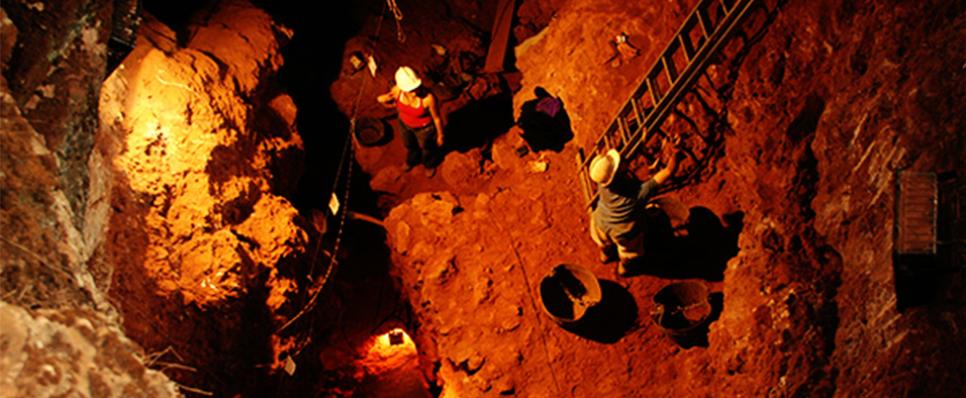Published: 12 Sep 2017
Gold hunters

Metro cities of India have become increasingly busy. As cities get more populated, the municipal corporation workers who keep these cities running have more on their plates. Mumbai is touted to be a city, which never stops, and if you slip on your shoes and take a stroll around Mumbai streets in the morning, it won’t be far from reality.
Group of people sorting out newspapers, some others sifting milk packets ready for delivery, a family making packets of pooja flowers, all of them co-exist in harmony chasing their routine. A group of young boys join this morning ritual. They however look slightly out of place in that crowd. Their bikes still buzzing, they find a place to park and start scoping manholes and drains in the vicinity. They definitely don’t look like manual scavengers and yet it takes them merely five minutes to get down to business in the drain. Who are these boys, you ask? After following them for about two hours, it becomes clearer what their profession might be.
Often, cities have areas which become the market hub for a certain commodity. The gold hub of Mumbai, Zaveri Bazaar sees a lot of these ‘bike riding manual scavengers’ that are not really on Municipal Corporation’s rolls. No, neither are they no saint Robin Hood volunteering to clean the drains and gutters of Mumbai. They are the treasure hunters; they are gold scouts of bustling cities. Typically, the drains around the area of Zaveri Bazaar have gold dust mixed with the sludge in the drains. The hunters use magnets and sieves to separate metal from the scrap and pass this metal on to a person who separates the gold from the other metals.
The next stop in the process is the filtering units where people silt the waste and look for collateral find, usually brass. They use mercury to draw out accumulated gold and voila. Once it is collected, the gold is sold to dealers in the same area.
It has become such an organized business now, that there are kingpins who run operations across entire territories. They have salaried employees and networks of unorganized labourers that contribute to smooth running of this unit. Needless to say, they get paid more than the manual scavengers and therefore, attrition in the cleaning units of municipal corporations necessarily mean a boon to the business of treasure hunting.











